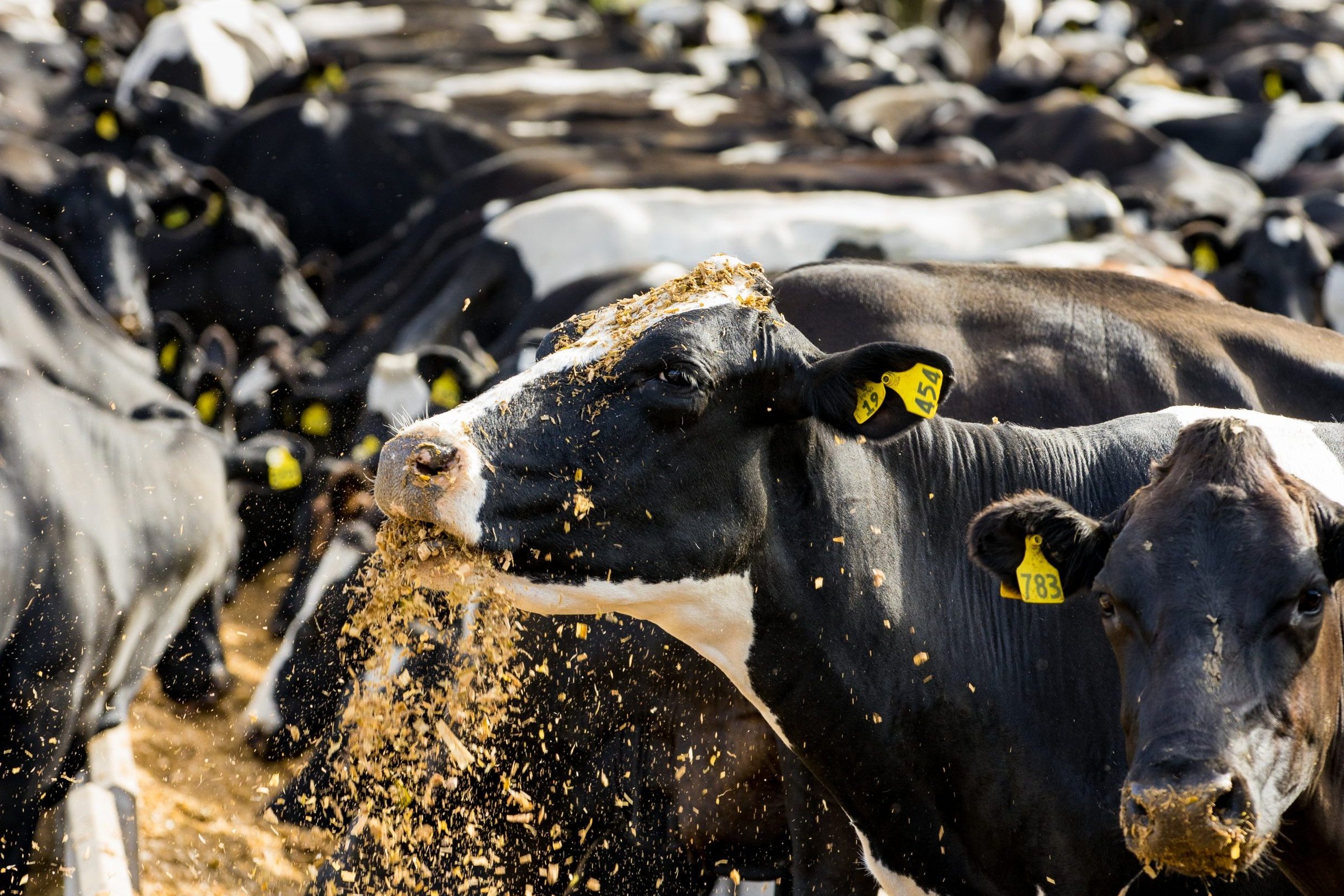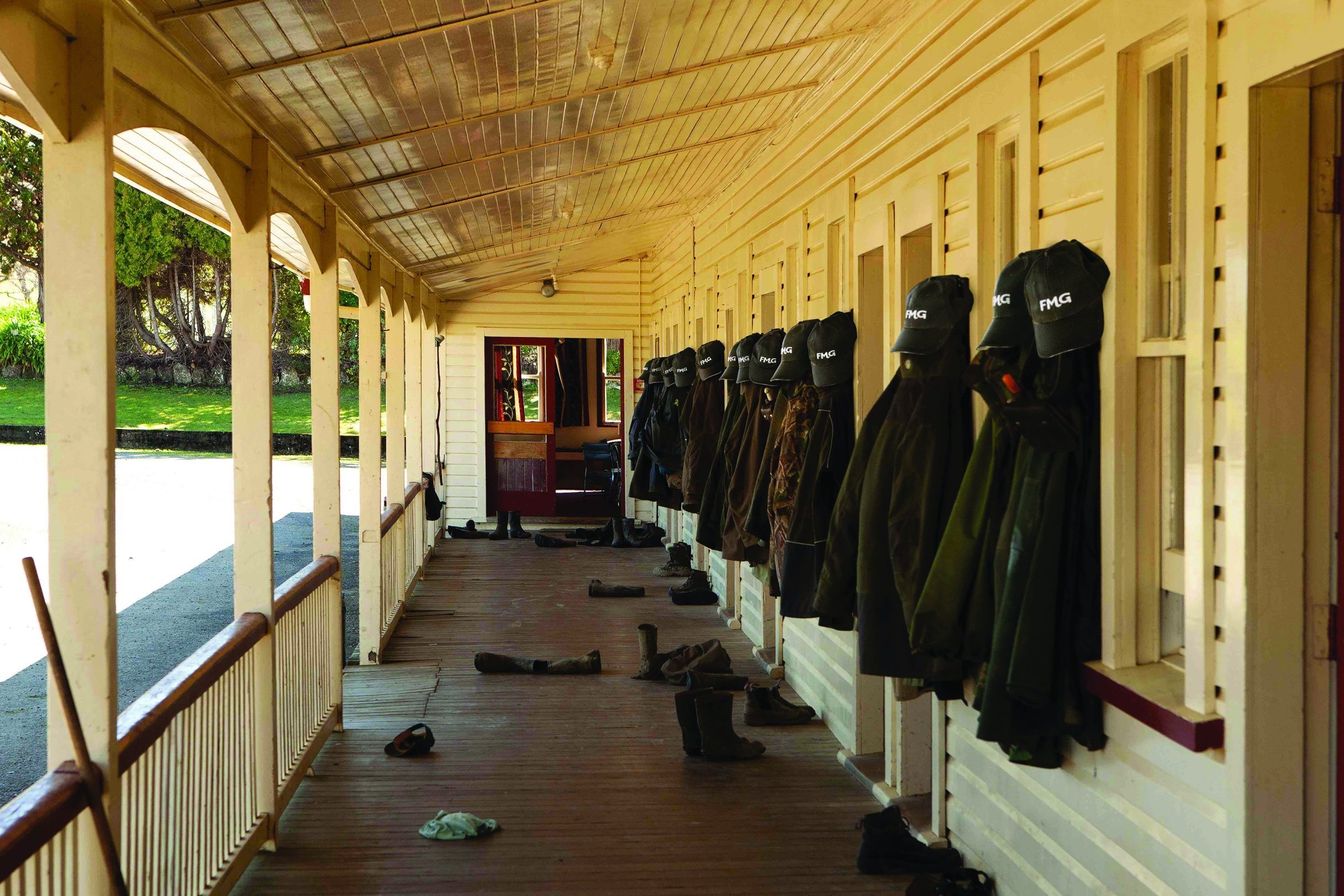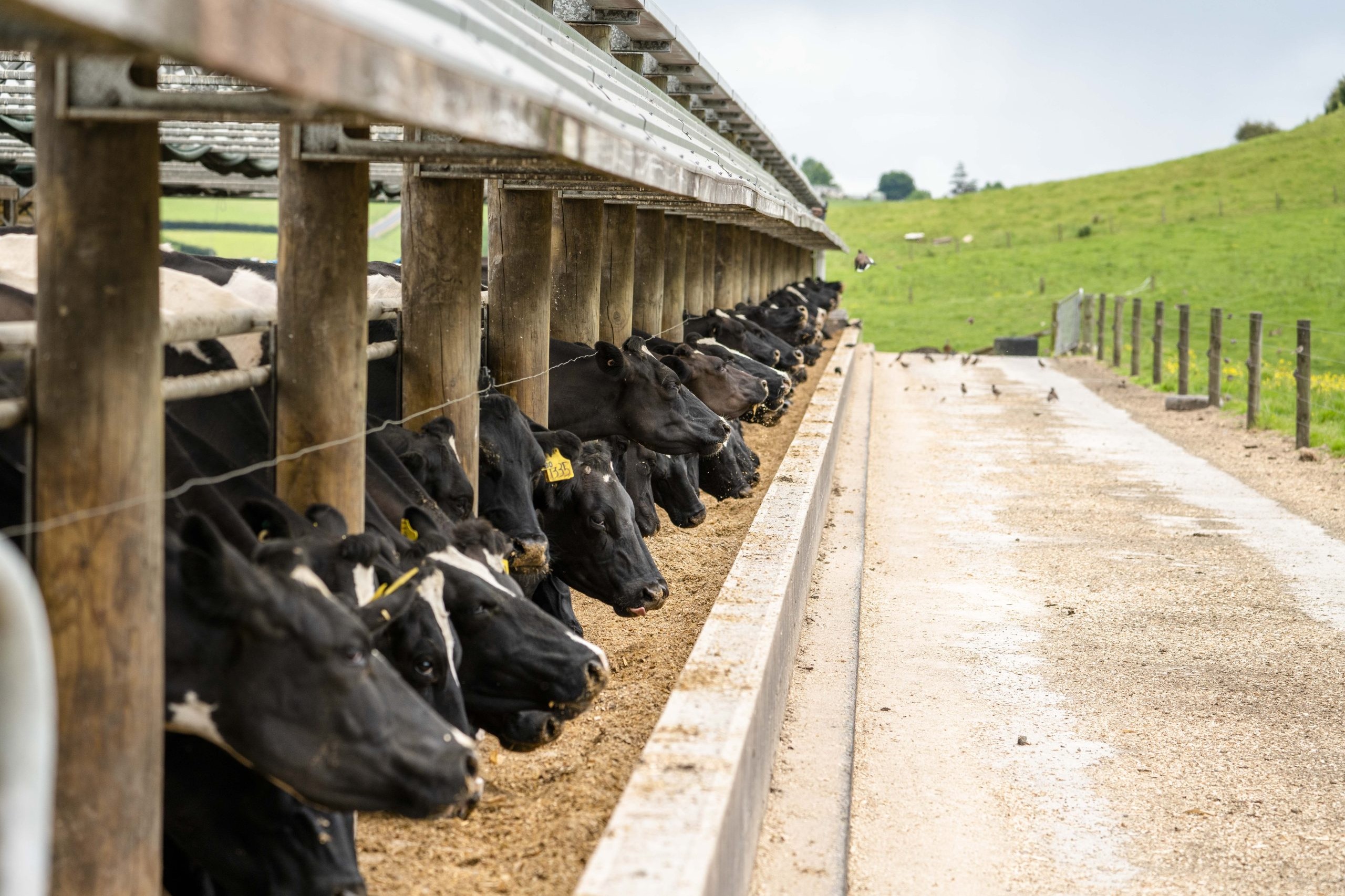World-Leading Beef-on-Dairy Genetics for Dairy Farmers
The Angus and Charolais stud based in South Canterbury has seen the intergenerational Hargreaves family fuse innovation and tradition as they have moved to diversify and future-proof their farming operation. Words Sarah Perriam-Lampp.
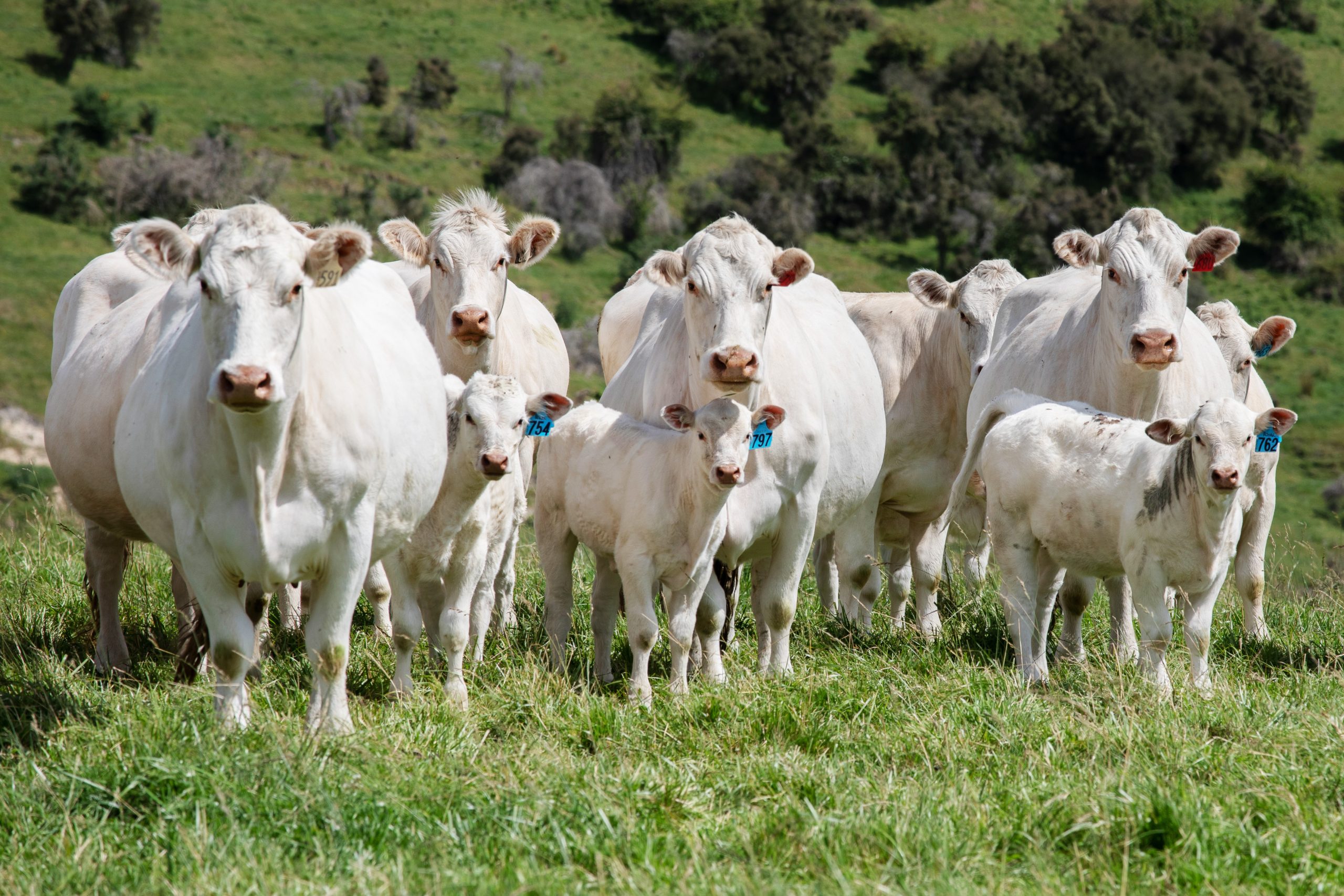
As dairy farmers have increasingly turned to beef genetics to improve their beef-on-dairy progeny, demand for Charolais semen has skyrocketed.
Kakahu has noticed this first-hand following the success of Kakahu Gerry 140506, who was bought back in 2016 by Xcell breeding. The bull has risen to superstar status across the Dairy Beef Progeny Test (DBPT) cohort as the leader in weight gain and carcass weight above all 190 elite beef sires testing in the trial over the past nine years. Beef semen sales for all sires carrying the “Kakahu” brand, performance have grown exponentially, another bull who is performing very highly is Kakahu Milestone that is full time with LIC.
“Our sales of Charolais semen have gone up exponentially,” says Tom Hargreaves, Kakahu. “Five years ago, we were selling only a few thousand straws, but now we’re selling hundreds of thousands of straws per year.”
After Tom’s career off farm, his return saw a change in the farm. He could clearly see around him that the demand for world-class semen straws, specifically designed to help dairy farmers produce high-quality beef-on-dairy progeny, was how they would stay ahead of the curve of emerging trends.
“The dairy industry is changing, and beef is becoming an integral part of it,” Tom concludes. “By focusing on the right genetics, we can help dairy farmers produce high-quality beef while continuing to focus on milk production.”
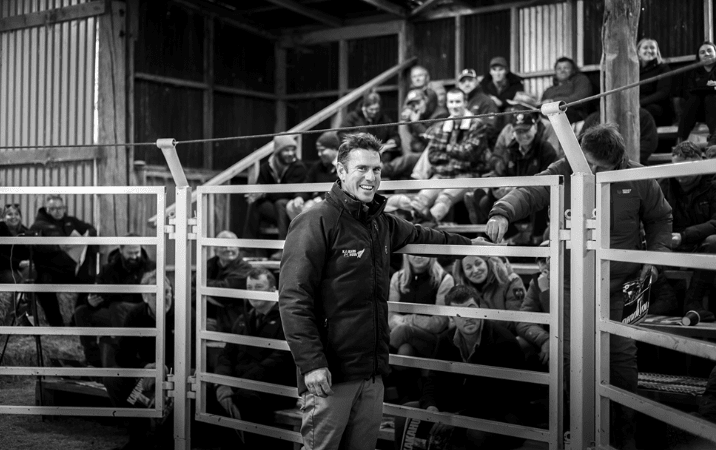
Tom’s great-grandparents in 1924 developed Kakahu, and under his father Gerald’s stewardship, the initial 500ha property grew to 1,600ha, now supporting 20,000 stock units. This includes a Romney-based sheep flock, Angus and Charolais beef studs alongside commercial herds, and a 420-cow dairy farm nearby.
The success of their Charolais genetics, particularly with their leading bulls having had significant impact for their dairy farming clients, was a key reason to scale up their focus on beef semen to the dairy industry. Kakahu focus on ensuring calves produced through their breeding programme have great calving ease and are capable of rapid growth.
“Dairy farmers want a better non-replacement product, and our genetics are delivering that,” explains Tom. “They are seeking the ideal balance of low birthweight to high growth rate that provides them with ease and a greater return.”
Tom states these factors are essential for ensuring that dairy farmers can raise healthy, profitable beef progeny, something he has focused on with his own dairy farm.
Kakahu purchased a neighbouring dairy farm in 2016 to both diversify their sheep and beef farming revenue as well as improve genetic gain in their stud. They were active in embryo transplant (ET) into 150 donor dairy cows at the peak of the five-year programme, but have finished this due to the cost of ET.
But owning a commercial dairy farm that also runs a beef stud gives Tom a unique perspective on the intersection of dairy and beef production and what it then takes to rear and sell quality weaners.
“We can get two opportunities from one cow – milk and meat – so we want to maximise both’s potential.”
Tom carefully selects his bulls with proven traits in both growth and ease of calving. His use of genomic selection tools to improve the predictability of these traits helps him provide dairy farmers with reliable, high-performing genetics.
“The perception of Charolais having poor calving ease is the biggest challenge we face,” Tom admits. “We’ve spent a lot of time fine-tuning our breeding programme. We want calves that grow fast and maintain high carcase weight without creating problems during birth.”
The Rise of Changus
Tom is enthusiastic about the success of his new Charolais and Angus crossbreeding programme, which has resulted in the Changus breed. In the first few years the breed has proven to be a game changer for dairy farmers looking for high-quality beef without the common issues associated with either of the two breeds.
“In the past, Charolais were known for their size and presence, but we have been breeding for carcase quality, especially for dairy-cross progeny.”
He explains how Charolais markings work well with Angus’ low birthweight, and how they are fine-tuning the cross.
This research is ongoing, and while it’s a complex and long-term project, Tom believes it’s worth the effort. “We’re working with some of our best cows from both breeds and using advanced genetic techniques to improve the consistency of these crosses,” he says. “In the future, we’ll have a breed that meets every need of the dairy farmer, from ease of calving to rapid growth and excellent carcase yield.”
Kakahu genetics can be purchased through any leading retailer in New Zealand, and continue to keep the Kakahu Gerry pedigree going working closely with Xcell breeding who owns Kakahu Gerry.
Kakahu has a yearling bull sale on 16th October 2025, and has Charolais bulls available for private treaty any time of the year.

